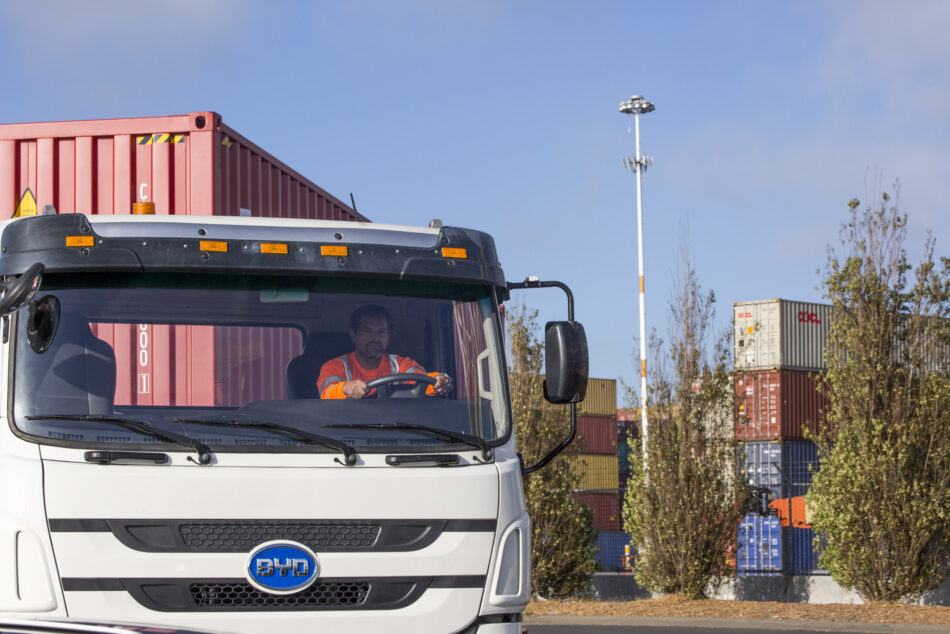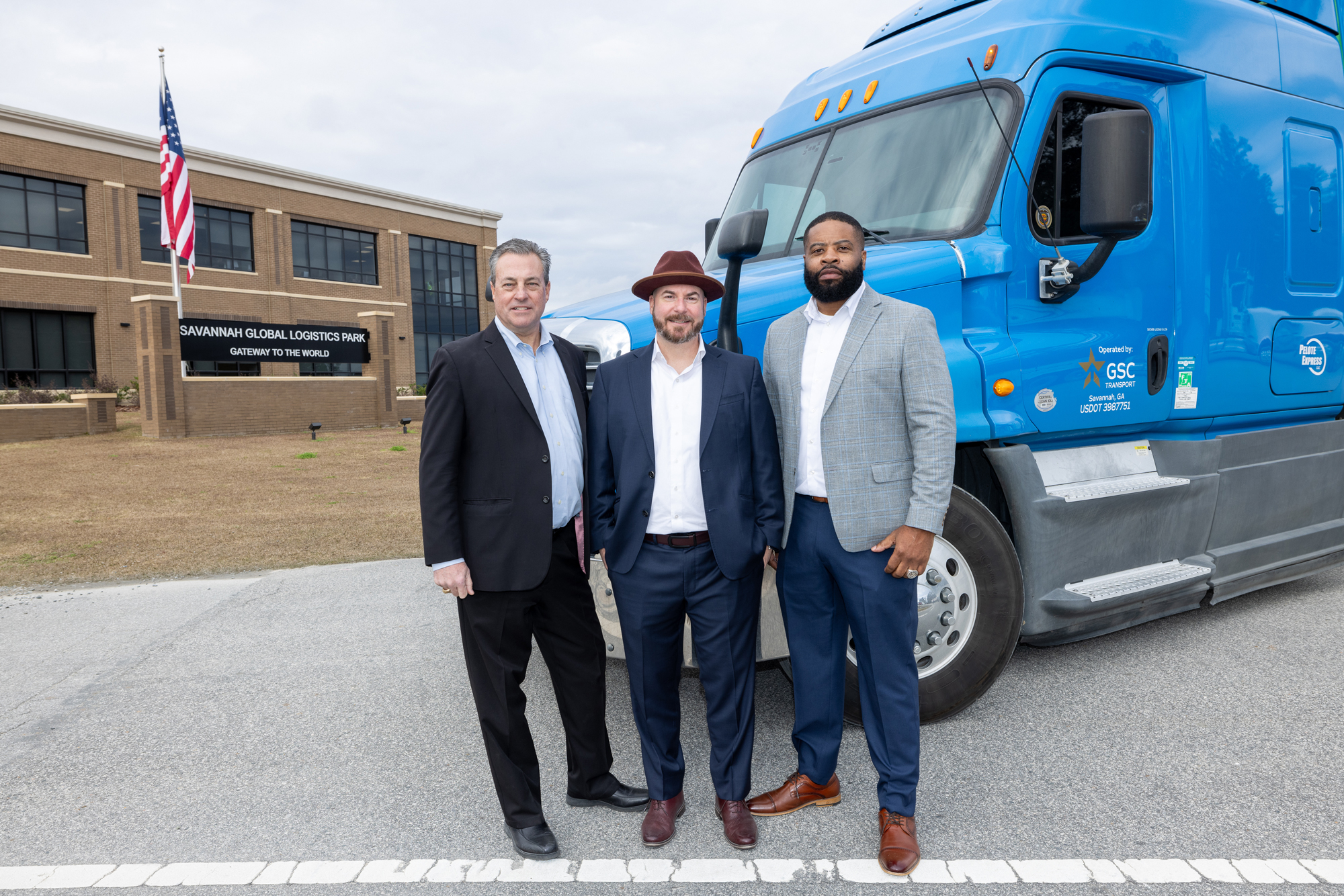The trucking industry serves as the lifeline of global commerce, facilitating the movement of goods across vast distances. Within the industry, two prominent models of operation exist: company drivers and independent owner-operators. In this blog, we will delve into the distinct characteristics that differentiate the two, while examining the operational costs that are intricately linked to each. By understanding these differences, one can gain valuable insights and make informed decisions regarding his or her career paths in the trucking industry.
Understand the key differences
What is the difference? Company drivers are individuals who work as employees for established trucking companies. They operate under a structured work arrangement, driving trucks owned by their employers. The advantages for a company driver include a steady paycheck, employee benefits, and a relatively predictable work schedule.
On the contrary, owner-operators are self-employed truck drivers who own and operate their own trucks. They exercise the freedom and flexibility to choose routes, set schedules, and select clients. Therefore, they can enhance their income by securing higher-paying loads, negotiating favorable rates, and efficiently managing expenses.
Cost analysis
While company drivers benefit from stability, there are trade-offs that come with it. There is a limited degree of control over pay rates, routes, schedules, and load assignments. For example, company drivers may find their earning potential constrained due to fixed salaries or hourly wages. Since they are bound by the decisions of the trucking company they work for, they often have little to no say in choosing their routes or specific loads. As a result, the lack of autonomy can be frustrating for individuals who desire more independence and the ability to make strategic decisions regarding their work.
On the other hand, despite having greater freedom and potential for higher earnings, the pursuit of independence as an owner-operator brings added responsibility of managing all aspects of the business operations. Owner-operators must oversee truck maintenance, repairs, fuel costs, insurance, permits, and various administrative tasks. Moreover, owner-operators face the inherent risks and uncertainties of being self-employed. They are directly exposed to market fluctuations, changes in demand, and economic factors that can impact load availability and price. These financial obligations and uncertainty necessitate meticulous planning, as the costs associated with truck ownership can be substantial. As a result, owner-operators must proactively seek out profitable loads to sustain their business.
The choice between being a company driver or an owner-operator in the trucking industry involved careful consideration of various factors and limitations that are closely tied to profitability. Ultimately, individuals must carefully evaluate their priorities and weigh the trade-offs to determine which path suits their aspirations and goals in the trucking industry.
Take the first step towards new work opportunities and contact us today to find out what GSC offers!





